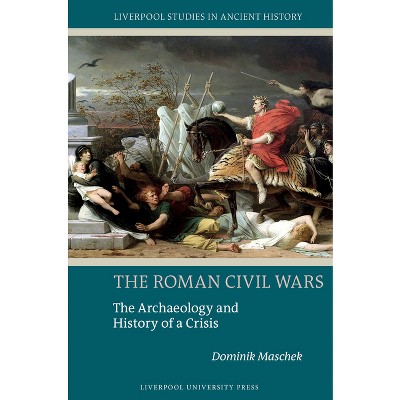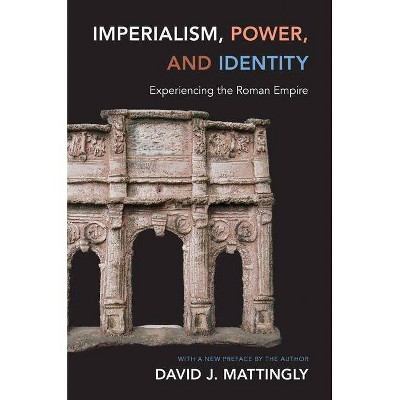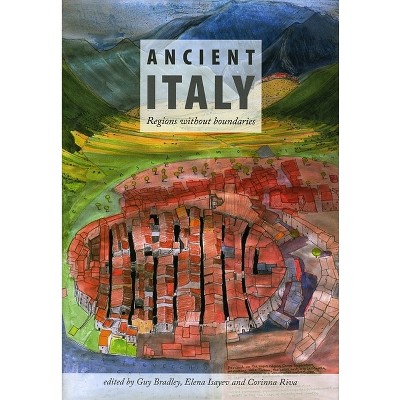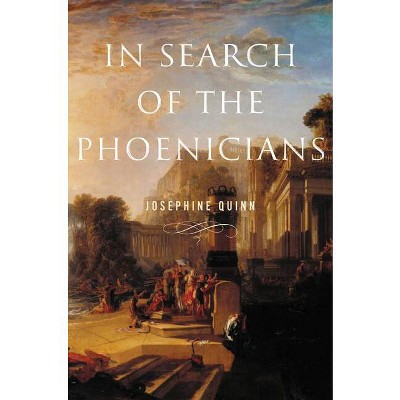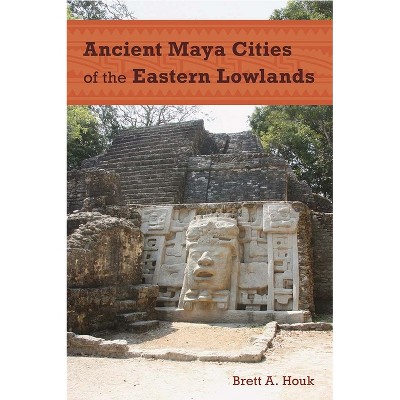Work and Labour in the Cities of Roman Italy - (Liverpool Studies in Ancient History) by Miriam J Groen-Vallinga (Paperback)

About this item
Highlights
- Work and labour are fundamental to an understanding of Roman society.
- About the Author: Miriam J. Groen-Vallinga is Associate Professor in Ancient History, Department of History, Art History and Classics, Radboud University Nijmegen.
- 368 Pages
- History, Ancient
- Series Name: Liverpool Studies in Ancient History
Description
About the Book
Work and labour are integral to an understanding of Roman society. Taking its cue from New Institutional Economics, this book deals with the wide range of factors shaping work and labour in the cities of Roman Italy, from families and familial structures, to labour collectives, slavery, education and apprenticeship.Book Synopsis
Work and labour are fundamental to an understanding of Roman society. In a world where reliable information was scarce and economic insecurity loomed large, social structures and networks of trust were of paramount importance to the way work was provided and filled in. Taking its cue from New Institutional Economics, this book deals with the wide range of factors shaping work and labour in the cities of Roman Italy under the early empire, from families and familial structures, to labour collectives, slavery, education and apprenticeship.
To illuminate the complexity of the market for labour, this monograph offers a new analysis of the occupational inscriptions and reliefs from Roman Italy, placing them in the wider context by means of documentary evidence like apprenticeship contracts, legal sources, and material remains. This synthesis therefore provides a comprehensive analysis of the ancient sources on work and labour in Roman urban society, leading to a novel interpretation of the market for work, and a fuller understanding of the daily lives of nonelite Romans. For some of them, work was indeed a source of pride, whereas for others it was merely a means to an end or a necessity of life.
Review Quotes
'The book's approach reflects a welcome attempt to use Roman evidence to think about questions that global historians of labor are also contemplating. The result is a valuable study that illuminates Roman work with a currency that also offers utility to those thinking about other premodern societies. Roman historians and especially historians of labor in other periods would do well to take notice' Seth Bernard, American Historical Review
'With the traditional bias in our sources towards urban, free, skilled male workers, this book brings to the fore those individuals traditionally excluded from accounts of ancient work, such as women and children, whether free or enslaved, alongside male unskilled workers to reveal how the ever-changing market forces led to varied economic strategies among individuals, families, and labor collectives.' Lauren Hackworth Petersen, Bryn Mawr Classical Review
About the Author
Miriam J. Groen-Vallinga is Associate Professor in Ancient History, Department of History, Art History and Classics, Radboud University Nijmegen.





